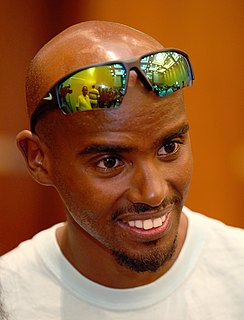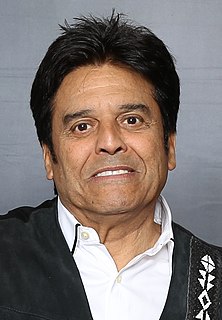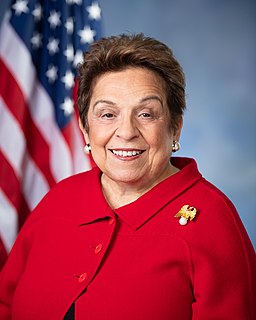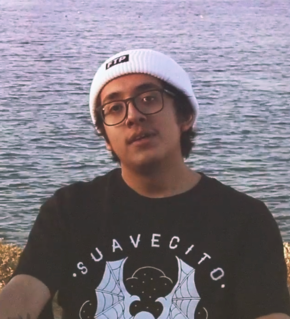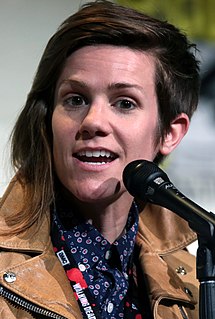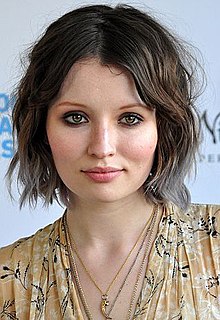A Quote by Milana Vayntrub
I remember what it was like when my parents couldn't help me with my homework because they couldn't speak the language, or being a translator for my parents. I did that a lot.
Related Quotes
To me a translator is very, very important. If the fixer is also the translator, so much the better. I have known photographers who didn't speak the language and would work in a place for weeks without one, getting by on common sense and smiles. But how many situations did they miss because they couldn't talk to someone and get the back story on details, small daily life things, etc.
I remember my parents yelling at each other and at me from an early age, and I remember a lot of things smashing. I try to look for the happy memories from the brief time my parents were married, and I can't really recall that. From the start things were messed up, and I just kept moving through the years and trying to pick out the little bits of evidence that would help me prove to myself that it wasn't my doing. But it took finding out somebody really does love me, who's not my parents or a relative, to really know that I was loveable.
This happens to a lot of kids from different backgrounds - they lose a lot of their parents' and grandparents' teachings, language and culture because they have to deal with another language and culture 24/7. By the time I was 44, I was terrible at Spanish. I was always intimidated whenever I had to speak it.
Obviously there are many, many ways of being an outsider, but having immigrant parents is one of them. For one thing, it makes you a translator: there are all kinds of things that American parents know about life in America ,and about being a kid in America, that non-American parents don't know, and in many cases it falls on the kid to tell them, and also to field questions from Americans about their parents' native country.
I remember watching that show [Golden Girls] with my parents and not totally understanding it. Like, a lot of comedy flew over my head, a lot of the sexual stuff I didn't know. But because there was a laugh track, I'd laugh really hard, and I'm now remembering the look on my parents' faces - I had no idea why it was funny. I was sort of, like, laughing along.
Both of my parents sacrificed a lot. My dad, Tero, would drive me to training every single day. My mum, Teija, came to Seville to help me. She did everything for me. It was such a big place to go at 17. Even if you can speak English, it doesn't matter there. It was all Spanish. They don't do English.
The translator has to be a good writer. The translator has to hear music too. And it might not be exactly your music because the translator needs to translate the music. And so, that is what you are hoping for: a translator who gets what you are doing but who also gets all the ways in which it won't work in the new language.
When you’re young, your world is pretty limited. My parents, my family, my church dominated my world. And because Birmingham was so segregated, I didn’t really have to encounter the slings and arrows of racism on a daily basis. Obviously, from time to time I did, like when my parents took me to see Santa Claus and he wasn’t letting black children sit on his knee. But my parents tried to insulate me as much as they could.

